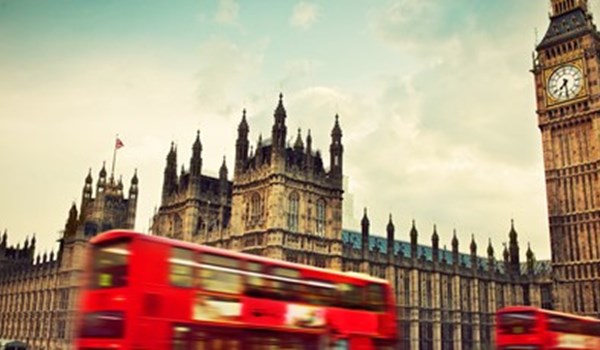Jurisdictions
Regions
Industry Sectors
09/11/22
UK: Rising asset wealth and falling real wages ‘drive inequality in Britain’.

As published on theguardian.com, Wednesday 9 November, 2022.
Working for a living has become a harder way to grow rich in modern Britain amid rising wealth inequality over the past decade, according to research published today that warns of a breakdown in social mobility as inheritances grow in importance.
The Institute for Fiscal Studies said wealth had grown rapidly compared with earnings from work since the 2008 financial crisis, driven by a surge in house prices and financial assets – such as stocks and shares – at a time of flatlining progress for average wages.
Robert Joyce, the deputy director of the IFS, said: “A generation of Britons has ridden a wave of growing asset prices, pushing up the value of their houses and investments. Meanwhile, more than a decade of stagnant earnings has held back younger generations for whom earning their own economic success has become increasingly difficult.
“The fact that we can no longer be sure that the young will grow up with living standards that match [those of] their predecessors is a remarkable social change.”
In a major study as part of the IFS Deaton review of inequalities, led by the Nobel prize-winning economist Sir Angus Deaton, the IFS found wealth levels growing at much faster rates than income meant it was now harder for working families to enter the ranks of the rich in Britain through hard work alone.
It said the amount of time it would take to earn enough to move from the middle wealth bracket to the top had increased by almost six years compared with a decade ago.
In 2008, it took 10 years’ worth of typical full-time gross earnings to move from the middle to the top wealth bracket. By 2018, this had increased to almost 16 years.
“While income remains important, it is wealth that is increasingly at the heart of the most pressing economic inequalities today,” the report said.
The findings come as the chancellor, Jeremy Hunt, comes under pressure to raise taxes on wealth at next week’s autumn statement as he attempts to find billions of pounds in savings after Liz Truss’s botched mini-budget.
Campaigners and economists have argued for a focus on taxing the wealthiest in society rather than renewed cuts to public services after a decade of austerity, and as the succession of economic shocks in the Covid pandemic and cost of living crisis disproportionately hurt the poorest families in Britain.
Research by Tax Justice UK, a campaign group, suggests Rishi Sunak’s government could raise up to £37bn to help pay for public services and support energy bills this winter through a string of taxes on wealth.
The IFS said the pandemic and its aftermath may well have increased wealth, and wealth inequalities, further. Increases in saving during lockdowns – when consumers set aside money while parts of the economy were closed – were greatest for the most well-off, while they also benefited most from a surge in house prices and financial assets.
The country’s leading economics thinktank said the rapid increases for those who already owned wealth had coincided with a long-term stagnation in earnings. This meant younger adults in particular could “no longer expect to see greatly improving living standards as they age” compared with the faster pay rises and access to cheaper housing enjoyed by their parents’ generation.
Highlighting a collapse in home ownership among younger adults, the IFS said only 36% of those born in the 1980s owned their own home by the age of 30, compared with 55% for those born in the 1970s and over 60% of those born in the 1950s and 1960s.
House prices have risen steadily in recent decades and boomed since the 2008 financial crisis, helped by rock-bottom interest rates from the Bank of England since the banking crash, before a further sharp increase during the Covid pandemic.
The IFS said these trends had acted to push up the proportion of the country’s wealth held by older generations. By contrast average wage growth has stalled over the past decade, with typical pay worth less today than in 2007 after inflation is taken into account.
The IFS said this combination meant that inherited wealth was becoming more important for the lifetime economic resources of younger generations, as earnings from work grew less influential.
A government spokesperson said: “Average hourly pay for full-time employees has increased across the board this year – most prominently for those on low incomes – while the proportion of jobs that are low paid is at its lowest since records began.
“At the same time, the government is helping hard-working young people and families on to the housing ladder, expanding first time buyers’ relief on stamp duty and offering flexible, innovative home ownership schemes such as help to buy and first homes.
“We are on track to meet our target of unlocking 1 million new homes, with £10bn investment announced since the start of this parliament.”



